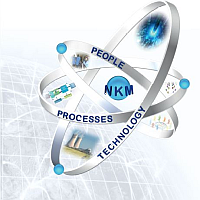Speaker
Mr
John de Grosbois
(IAEA)
Description
There are many challenging issues facing Member States with respect to Knowledge Management. Each country’s situation and history with nuclear technology is different and strategic issues and immediate priorities are not the same. Member States recognize nuclear technology is inherently complex and requires advanced specialization and expertise. Maintaining a competent workforce is always of concern, especially in organizations with an aging workforce. Countries making major transitions such as gearing up for new build construction or decommissioning projects face particular challenges. Licensed nuclear facilities operate under a range of different organizational business models. For example, some rely heavily on outsourced and external services, and different approaches are needed to ensure critical knowledge is available and maintained. For countries phasing out nuclear power, critical knowledge must be maintained to ensure decommissioning and environmental remediation of sites is done in a responsible manner. Newcomer countries have the difficult challenge of building up their needed workforce competencies to be ready in time to support construction and commissioning schedules. The capture, preservation, transfer and overall management of design knowledge over the technology lifecycle is another important issue that is needed to ensure both the economics and safety of nuclear facilities over their lifetimes, and is especially important to ensure life extension and refurbishment projects can be implemented cost effectively. This presentation will present an overall perspective of the major knowledge management challenges and issues facing the nuclear sector and provide an overview of the IAEA’s nuclear knowledge management programme and initiatives that support Member States in addressing them.
| Country or International Organization | IAEA |
|---|
Author
Mr
John de Grosbois
(IAEA)

